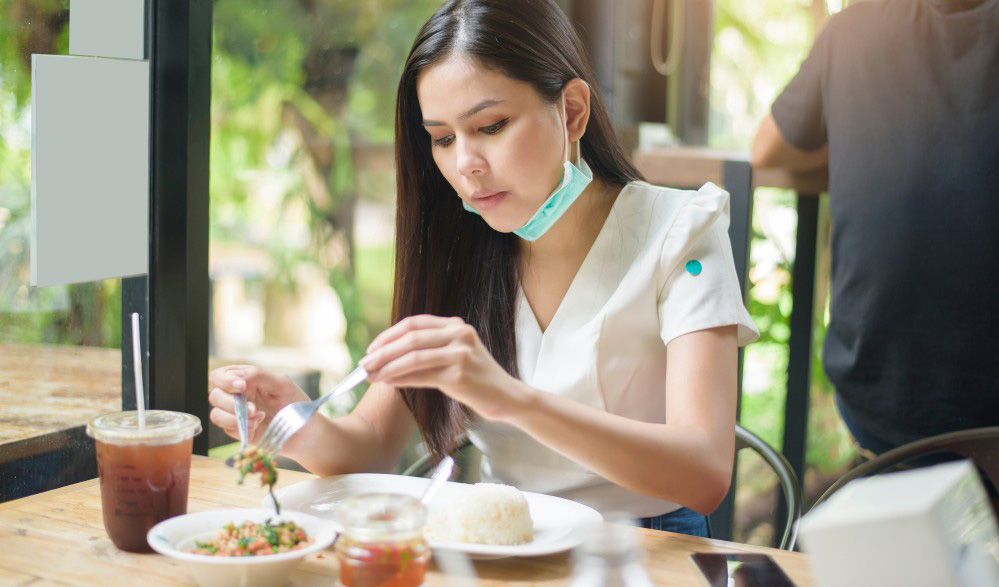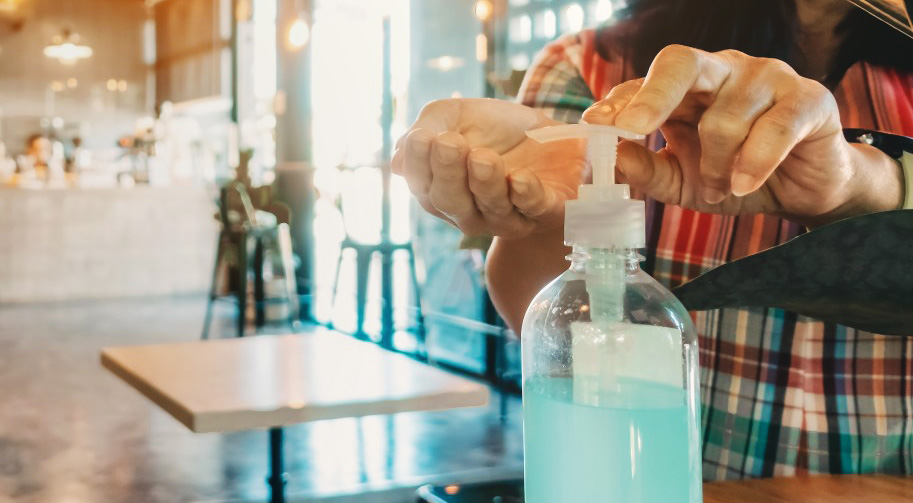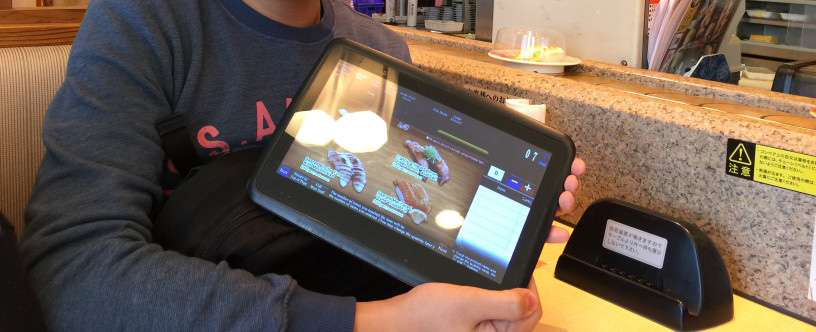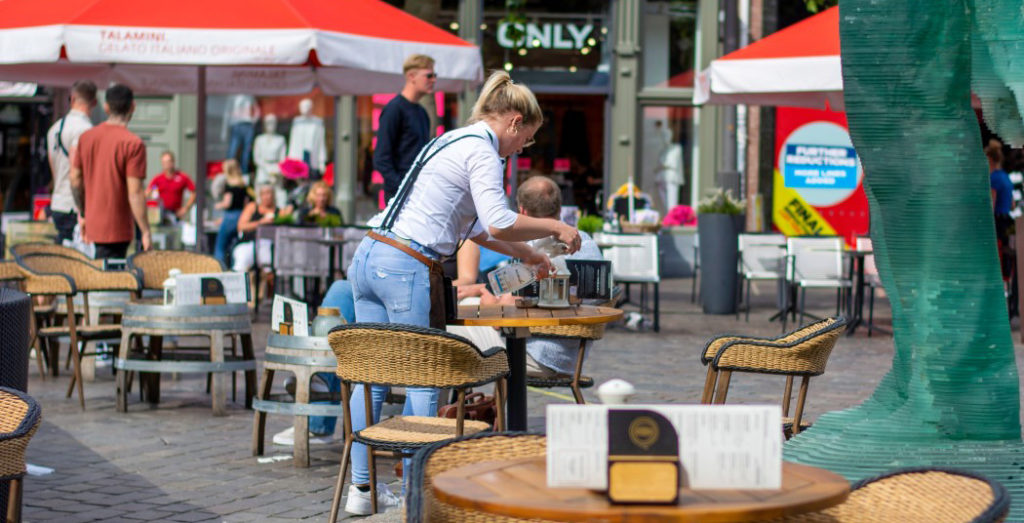Think Small | 5 Opportunities to Deliver Great Restaurant Customer Experiences Post-Lockdown
In the aftermath of 2008’s financial crisis, restaurants that prioritised and led the field in customer experience were three times more likely to survive. And while the comparison to our current moment isn’t perfect, it is indicative of a simple fact: customer experience matters most when times get tough.
Think about it: if fewer consumers are eating out – whether due to financial limitations or health concerns – then competition over each individual consumer becomes even greater than before. And the most powerful way of competing is serving up genuinely exceptional experiences
A one-star increase in a restaurant’s Yelp reviews equates to a 5-9% increase in revenue, and 7 out of 10 consumers say they spend more money are restaurants that deliver great service. So customer experience is not simply a way of competing with other restaurants – it’s also a fantastic means of increasing revenue.
In this article, we’re going to look at a few ways you can quickly improve your customers’ experience.

Thinking small
The mistake most make is thinking about customer experience as a grand, sweeping area. The truth is, great customer experience isn’t a single thing – it is a collection of much smaller, ‘micro experiences’.
Combined, these add up to an overarching experience, and that is what customers ultimately remember. So rather than making vague plans to ‘wow’ people or totally reinvent the wheel, meaningful, concrete improvements to your customer experience really come from focusing on these minutia.
There are two basic principles here: remove friction and create delight.
Not every part of a restaurant experience needs to be exciting or creative – sometimes, it’s enough for it to just really work. From slow service to awkward ordering, there are usually several pain points restaurateurs can focus on to dramatically improve customer experience virtually overnight.
And once those kinks are ironed out, you can get on with creating those little moments of elevation – where you take customers’ expectations and go one better. These ‘peaks’ are the most memorable part of an experience, and even just a few will leave a real impression on your customers.
So with that in mind, let’s look at three factors in a basic post-pandemic restaurant experience where you can focus in on the small stuff and really take things above and beyond.
Booking
Customers’ experience of your restaurant doesn’t start when you greet them at the door – it starts as soon as they begin looking for someplace to eat. So rather than simply going through the motions, you need to be making sure your booking process standouts.
First, when you send a booking notice, make sure it is as impactful as possible. That could mean you include the menu with it, or directions to your venue, or just a fun little message that helps relax them about the experience.
Second, when greeting customers, you should generally already know their names – use this to your advantage, to make the initial interaction you have with them as friendly and personal as possible.

Hand sanitising
Staying clean is vital at these times, and most restaurants should be offering hand sanitisation as mandatory – for their staff and customers alike. But generally, businesses seem to want to exert the bare minimum effort with them.
While you’re unlikely to create a standout moment from people cleaning their hands, you should at least be making pains to ensure it is as easy as possible to use; is placed somewhere easy to access; is signposted clearly; and the sanitiser you use doesn’t smell terrible!

Menus
Whether your menu has changed or not post-lockdown, you should seriously consider how you can improve it – from the experience of accessing it (if you’re using QR codes) to including nutritional and hygiene information.
Streamlining complicated menus has been shown to result in higher customer satisfaction, and even if menu-clutter isn’t a problem for you, you should try to make your menu as individual and engaging as possible.
What might that mean today? Offering relevant, unique descriptions of your dishes; providing clearer food-group segmentation (for example, delineating a veggie/vegan section to the menu if you haven’t already); improving the aesthetic of your menus; or simply making the process of accessing your menu -within the new hygiene regulations – easy and natural.

Table service
Table service – with all of the health restrictions we currently have – has become strained and awkward. But it doesn’t have to be, and if you can focus in on ways to make it fun and refreshing, you will instantly relieve customers of the tensions they currently feel.
For one thing, making it easier for customers to attract attention and place an extra order will enhance their experience immediately, as will pre-empting refills and friendly check-backs. Because customers are offering up basic personal information, you should embolden servers to address customers by their names and make the experience feel personalised.
While anxieties are high and many of us are uneasy about interactions, it’s vital that floor staff don’t lose their ability to have impact; simply put, every small interaction is an opportunity to be more efficient and charming.
Following-up
When customers leave, it’s obviously important you send them off nicely. But now more than ever, restaurants should feel emboldened to ask for feedback and communicate directly with customers – even when they’ve left the building.
Whether it’s a simple follow-up email thanking customers for dining with you or a promotion they can activate if they come back soon, you can show your customers that they are truly valued in any number of ways.

Restaurant owners, are you looking to back to optimal business post-lockdown?
We’ve put together a great publication to help smaller restaurants do just that.
In this eBook, we’re going to look at some of the defining factors of post lockdown customer service and explore some of the ways you can use psychology, a marketing mentality and good old fashioned creativity to serve up the exceptional experiences customers are looking for post lockdown.